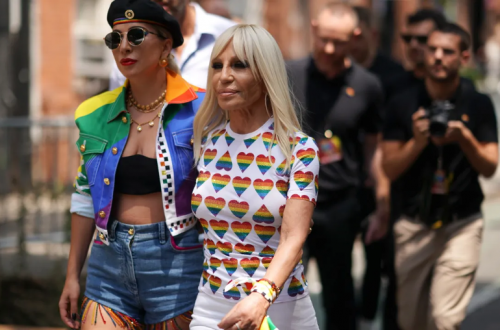
On Tuesday 26th May, Stefano Galassi led the first online Fashion Tech Global Summit. This event was initiated by the Milano branch of the global network of industry-focused start-ups accelerators named Startupbootcamp. Its Milanese site is actually dedicated to young Tech and Fashion companies devoted to re-imagining the Fashion Industry, to make it more efficient, digital and ultimately more sustainable for the future generations.
The 11 start-ups presented in this first edition were found thanks to the important Tech and Fashion experience of Stefano Galassi and his team, that scouted tech summits worldwide in search of the next players of this sector.

Across the years, Startupbootcamp acquired a vast and impressive international network of experts, mentors in the fashion and luxury industries but also corporate investors to help these start-ups further develop. Among the major partners present last Tuesday, we could find Prada, Accenture, PwC and Stone Island –just to name a few. The organisers of the FashionTech summit identified the biggest challenges these important companies will face in the near future as well as in the medium and long-terms in order to come up with this short list of 11 start-ups.
This online event was consequently articulated around five issues that intertwined Fashion with Digital while keeping in mind the key objective to make this industry more tenable.
In addition, the COVID-19 crisis largely validates these concerns as it emphasizes the pressing need for Fashion brands to integrate more new technologies and data analysis into their strategies. Consumers’ and buyers’ needs and expectations are shifting rapidly so the Customer Experience proposed by the different brands must change to fit this new ecosystem.
Regarding that matter, it is important to underline that E-commerce is the distribution channel with the most important growth rate in almost all the Fashion categories.
First of all, the start-ups SKMMP, Obsess or Ubique reflected on how to overcome the limitations of physical stores or showrooms and propose high quality customised services almost identical to the ones offered off-line. Three other companies, namely Stylesearch, Viume and Bigthinx then thought about efficient ways to engage clients on e-commerce platforms by improving for instance the search engine in terms of style, size, shape or time. The Japanese start-up AoiShip later demonstrated the importance of establishing a conversation with clients to enrich the customer channel by creating a platform where the clients can buy and also be paid. Another huge concern of the industry refers to the prediction of the demand to optimize the production and avoid huge pile of stocks. Gfaive accordinglyintroduced its platform based on AI as an efficient tool to do this type of forecasts. Finally, Staiy and Renoon have addressed the global consciousness for environmental issues and thus the increased demand for sustainable fashion. They created platforms that allow customers to have more transparency and a better traceability on the brands they shop.
In the end, with 52 brands and around 40 nationalities attending the summit, this event was a way to celebrate the achievements these companies made so far and attract more attention on their offers and quite revolutionary business models.
by Emma Bizette





